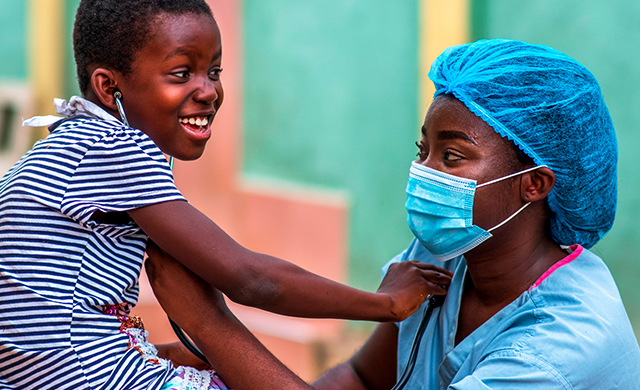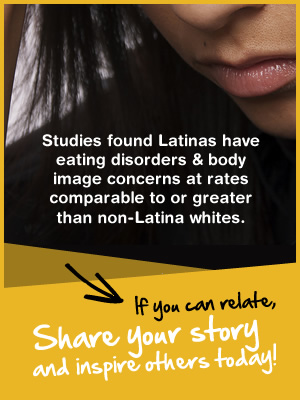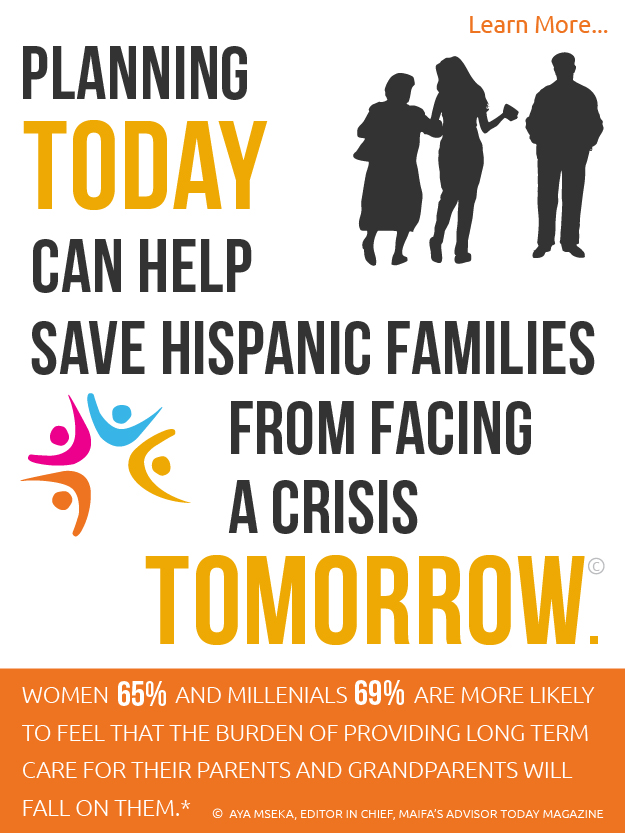
Study Shows Identifying Empathy Is Key to Increasing Diversity in Medicine, Improved Patient Care
01/19/2021 06:00AM | 1578 viewsBy AACOM
BETHESDA, Md., Jan. 11, 2021 /PRNewswire/ -- Long before COVID-19, decades of societal, systemic inequalities have contributed to health disparities and educational inequities for ethnic minorities and communities of color. Now, results from a first of its kind, national medical education empathy study, co-sponsored by the American Association of Colleges of Osteopathic Medicine (AACOM), could provide medical schools with an evidence-based assessment to help them not only improve diversity in admissions, but also help address the long-standing health disparities plaguing our nation and harming patient health.
"In the wake of last summer's racial violence, and amid the ongoing deadly and disproportionate effects the pandemic is having on people of color, AACOM has re-committed to educating and training osteopathic medical students who represent the totality of our nation," says Robert A. Cain, DO, President and CEO of AACOM. "Data show us that empathy is a strong predictor for a student's clinical abilities. Using this evidence-based measure has the potential to improve healthcare outcomes while also serving as a meaningful step toward helping address some of the widespread, systemic inequities that unfairly burden prospective medical students from racial and ethnic minority populations."
African American and Latinx Medical Students Score Higher in Empathy
The award-winning Project in Osteopathic Medical Education and Empathy (POMEE) has found statistically significant and practically important relationships between empathy scores and race and ethnicity in favor of African American and Hispanic/Latinx/Spanish respondents. Because empathy is positively correlated with medical school success and patient health, a more empathetic and more diverse healthcare workforce could lead to improved health outcomes for all patient populations, especially those from minority or underserved communities.
Implications for More Diverse Medical School Admissions
"At a time when African American and Hispanic/Latinx communities are disproportionately suffering from COVID-19, and when medical schools across the nation are working to more actively increase and prioritize diversity in admissions, we should test medical students not only for academic knowledge but also for empathy," says POMEE's principal investigator Mohammadreza Hojat, PhD, research professor in Sidney Kimmel Medical College at Thomas Jefferson University Department of Psychiatry and Human Behavior, and director of the Jefferson Longitudinal Study at the Asano-Gonnella Center for Research in Medical Education and Health Care. "Research has found a significant association among Jefferson Scale of Empathy score, clinical competence, and positive patient outcomes. Our assessment can not only help medical schools select the medical students most likely to become successful and caring clinicians but can also help close some of the troubling racial gaps that persist among medical education institutions."











Post your Comment
Please login or sign up to comment
Comments